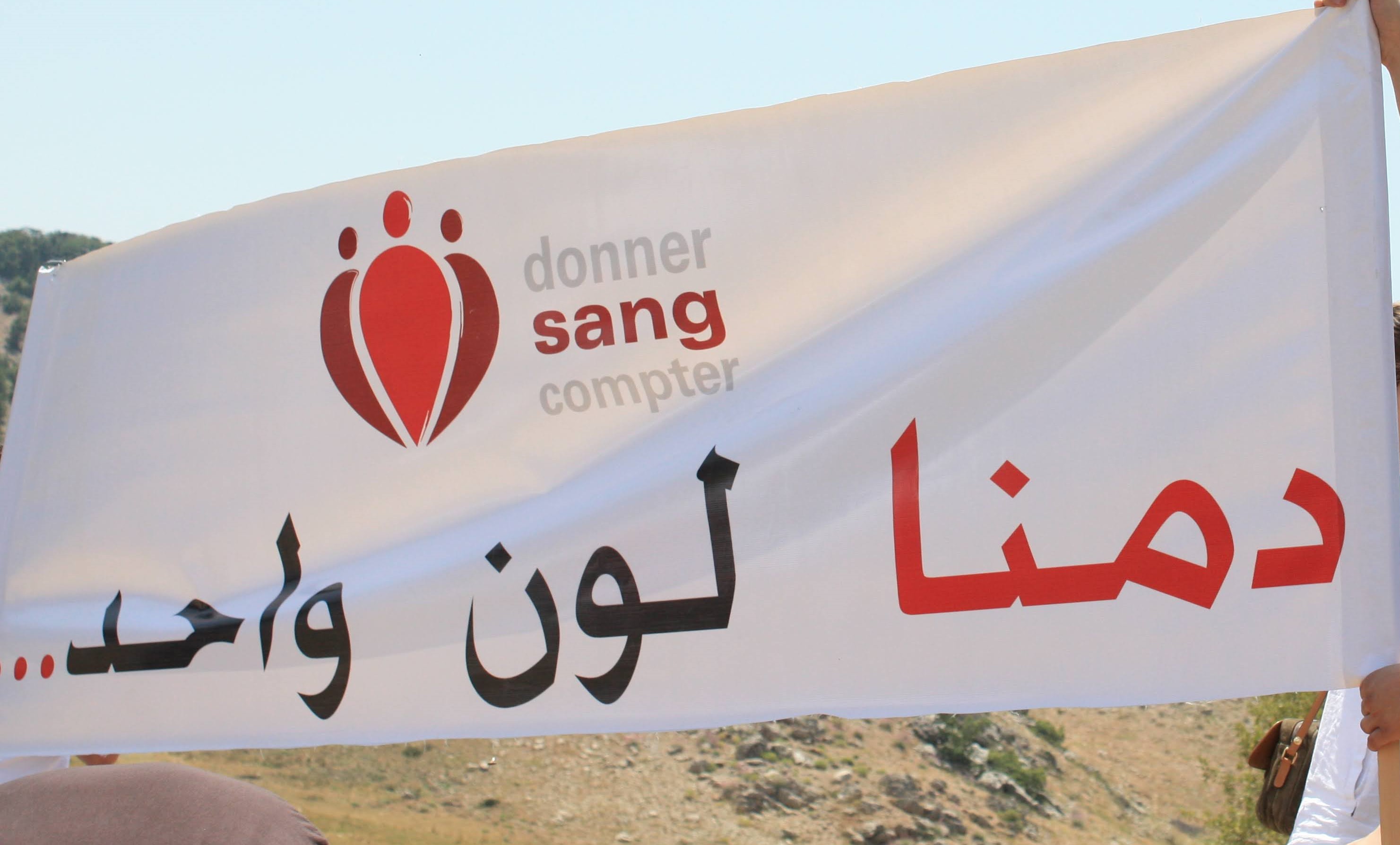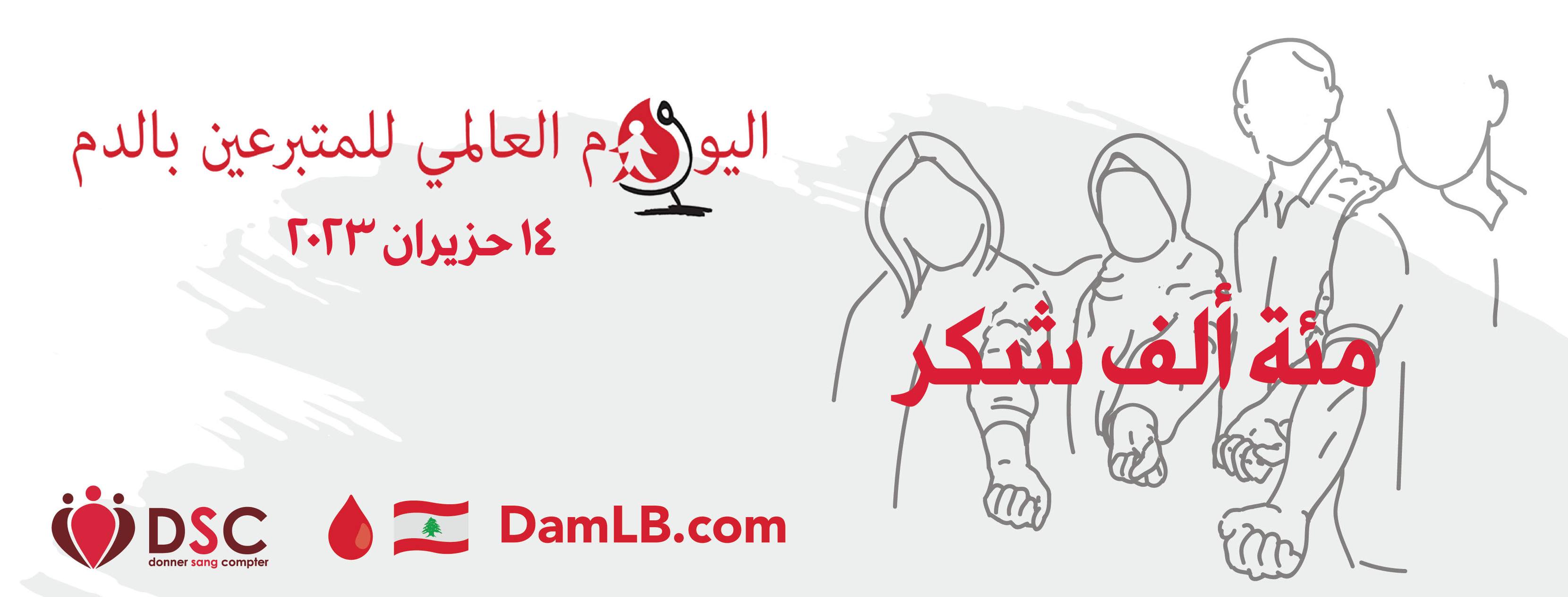Blood donation is a vital aspect of healthcare systems worldwide, ensuring a stable supply of blood for transfusions and saving countless lives. In Lebanon, understanding the demographics of blood donation is crucial for efficiently addressing the needs of patients and promoting the cause. In our new medical publication, we delve into this topic, highlighting how we harnessed data while upholding privacy standards to draw insightful conclusions that can advance the cause of blood donation.
Our study covered a diverse range of factors, including age, gender, geographic distribution, and socio-economic background. By examining this information, we gained a comprehensive understanding of the current landscape of blood donation in the country. With this six-year retrospective research on blood type prevalence and demographics of blood donors in Lebanon, it is possible to chart new paths toward a more coherent and unified blood management system in the nation.
The report also emphasizes the significant efforts made by non-governmental organizations to act as surrogates for the country’s inadequate official initiatives in order to provide a continuous supply of blood for the population.
These findings also provide important clinical information that will be useful in the development of future transfusion medicine policies and approaches in the country, which may be especially important in a region that is prone to socio-political conflicts culminating in humanitarian crises, with the escalation of blood demand often coinciding with such crises.
Read the full publication here: https://pubmed.ncbi.nlm.
Learn More This Way




